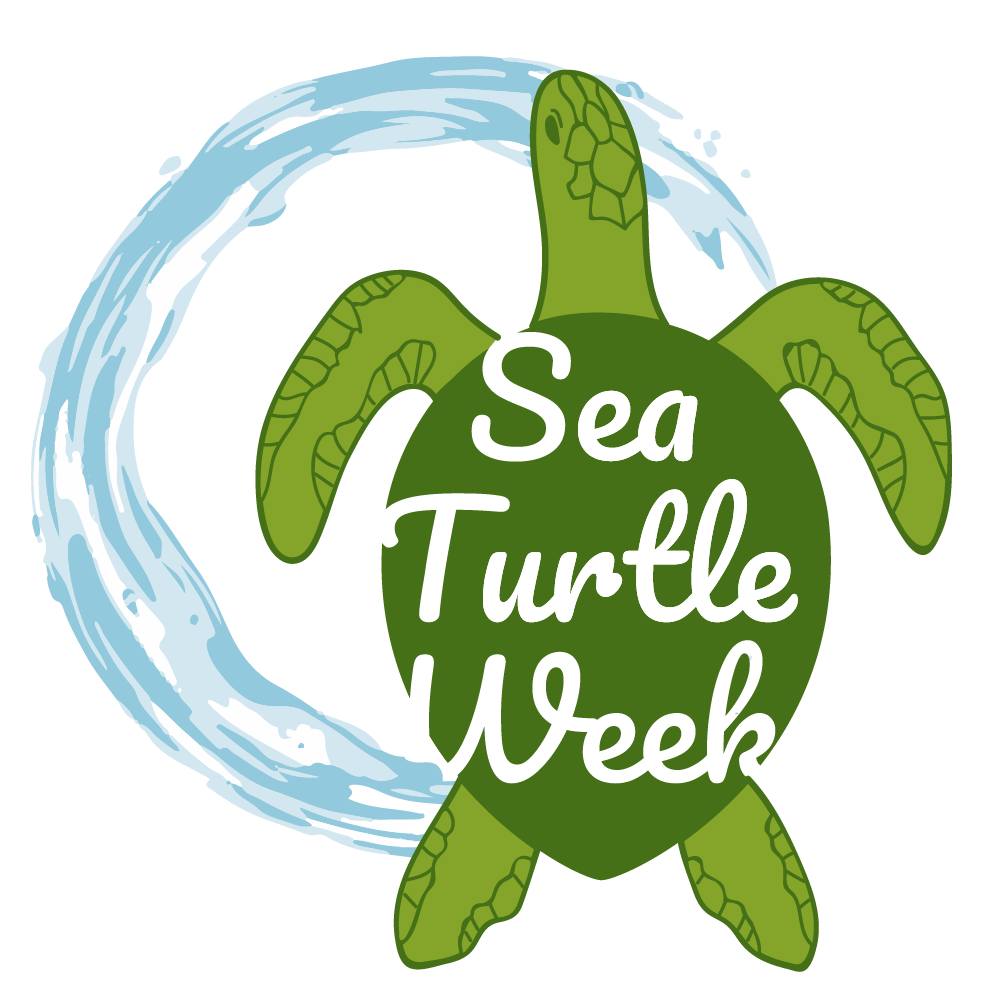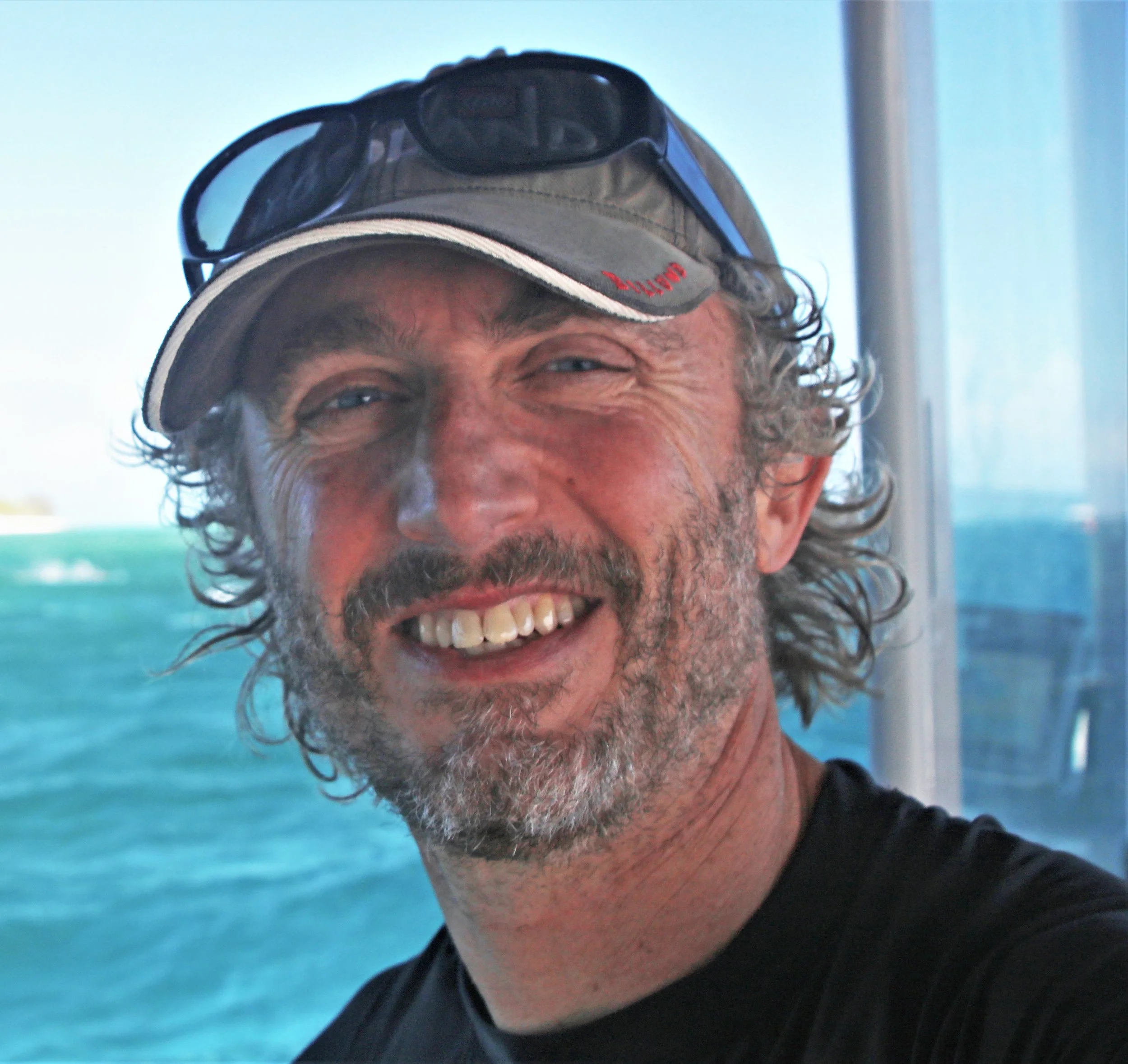2023 Scientist of the Year Contest
Do you know an amazing scientist working with sea turtles? Whether they are working on the beach or in the lab, we want to hear about them!
Sea Turtle Week is looking to highlight individuals working on important, ground breaking and novel projects that advance our understanding of sea turtles or their conservation.
Nominate your colleagues or yourself today for the first annual #SeaTurtleScientist of the Year Contest.
Prizes
Grand Prize (Judges choice for best overall nominee): $1,000 USD
Audience Choice (Top nominee voted on by the audienc): $500 USD
*Prize money should be allocated toward the winner’s sea turtle research/conservation projects.
Enter Here
All entries are subject to the rules and regulations outlined below. Language of the entry form can be changed in the upper right corner.
Please Note: Entrants will only be able to access the submission form ONCE.
Meet Our Judges
David Godfrey
North America
David Godfrey is Executive Director of the Sea Turtle Conservancy (STC), the world’s oldest sea turtle research and conservation organization. Mr. Godfrey has been involved professionally in environmental conservation for over 30 years. Since 1993, his career has focused on sea turtle and coastal habitat issues—leading many projects to improve beach management and sea turtle protection policies at the local, state, national, and international level. David has authored numerous papers on marine conservation issues. David specializes in successful campaigns to protect coastal and marine resources, raise awareness about sea turtles and other wildlife, and inspire financial support for conservation.
Thushan Kapurusinghe
Asia
Mr. Thushan Kapurusinghe has extensive experience in sea turtle conservation, mangrove restoration, sand dune restoration, exotic fish breeding, nature tourism etc. with community participation. Mr. Kapurusinghe joined the Young Zoologists Association of Sri Lanka (YZA) in 1985 and was appointed as the Secretary of the YZA in 1990 and was the chief Instructor of the Mammals group of YZA from 1990 to 2001. Today, Mr. Kapurusinghe serves as the chairman of the Sri Lanka Turtle Conservation Project (TCP).
Andres Estrades
South America
Andres Estrades has worked in turtle conservation for more than 25 years. In 1997, he started as a volunteer at Leatherback turtle nesting camp in the Mexican Pacific. In 1999, at the age of 23, he co-founded the Karumbé NGO to research and protect sea turtles in the South Atlantic Ocean. In Karumbé, his initial work focused on research and ecology—working on programs that monitored beach strandings, migration movements, and the impact of fisheries. Currently, he serves as one of four executive directors of Karumbé, and dedicates his time to education and outreach efforts. Andre’s academic training includes biology, anthropology studies, and a technician degree in museology from the National University of Uruguay.
Richard Reina
Australia
Dr. Richard Reina is Head of the Ecology and Conservation Group in the School of Biological Sciences at Monash University, Australia. His work focuses on understanding the biology of animals and how they respond to the natural and human-caused challenges they face. Most of his work is with marine animals, including many years on sea turtles, sharks, rays and penguins. The purpose of this research is to apply our improved knowledge to the conservation and management of affected species and ecosystems.
Christine Figgener
Europe
Christine Figgener, born and raised in Germany, is best known for her viral video of a sea turtle having a plastic straw painfully removed from its nose. This video fueled the global debate over the use of single-use plastic, which has led to bans in many countries. Since 2007, she has lived and worked in Costa Rica with her husband and her dog Fiona, researching sea turtles and fighting to protect them. She was named a "Next Generation Leader" by TIME Magazine in 2018 and was the Director of Science & Education for the Footprint Foundation from 2020-2023. She founded and directs the conservation organization COASTS and the consulting firm Nāmaka Conservation Science in Costa Rica, which both strive to protect sea turtles.
Jen Reilly
Inclusivity Judge
Jen Reilly is the Research Operations Manager with the Research Laboratory at Loggerhead Marinelife Center. She earned her Master of Arts in Marine Conservation and Policy from Stony Brook University. At LMC, Jen has implemented ASL Guided Programs since 2018. The programs offered to Deaf communities include, but are not limited to, private tours, school field trips, night turtle walks, sunrise nest excavations and internships. These programs serve to increase awareness about marine conservation, using sea turtles as a focal point, through American Sign Language.
Rules
Overview:
Science propels our understanding of sea turtles and how they are affected by the world around them. Unfortunately, the scientists who uncover this important information are often overlooked or unknown by the general public.
Sea Turtle Week is looking to highlight individuals working on important, ground breaking and novel projects that advance our understanding of sea turtles or their conservation. If you know someone who fits this description, nominate them today. Nominated scientists can be working in any related field (genetics, ecology, climate change, chemistry, oceanography, etc.) as long as the work they conduct is related to sea turtles.
Entry deadline:
The contest begins on May 1, 2023. All entries must be received through the entry link below by 11:59 PM on May 20, 2023.
Judging Criteria:
Entrants will be judged based on: 1) the overall impact of their research on sea turtle conservation and management; 2) how they collaborate with peers and other organizations, and 3) how they taken diversity and equity issues into account in their research, including working with a diverse research team (race, ethnicity, culture, gender), or participation from or with local stakeholders who might be impacted by the research.
Conditions of Entry:
Entries will not be accepted unless submitted via the official contest channel. Entries not submitted through the proper channel will be deleted. Submissions will not be accepted once the deadline lapses (May 20, 2023 11:59 PM).
All information submitted must be accurate. If SEE Turtles determines that information provided about the nominated candidate is false, the entry will be disqualified.
Entries will be judged by a panel of independent international judges selected by SEE Turtles. All decisions are final. SEE Turtles reserves the right to disqualify any entry that is deemed inappropriate or does not conform to stated contest rules.
The prize must be collected by the winner and is nontransferable. The winner will be contacted via the email address provided during entry. If no response is received after fourteen business days, a new winner will be selected and the previous winner will forfeit all rights to the prize. Prize money should be allocated toward the winner’s sea turtle research/conservation projects.








